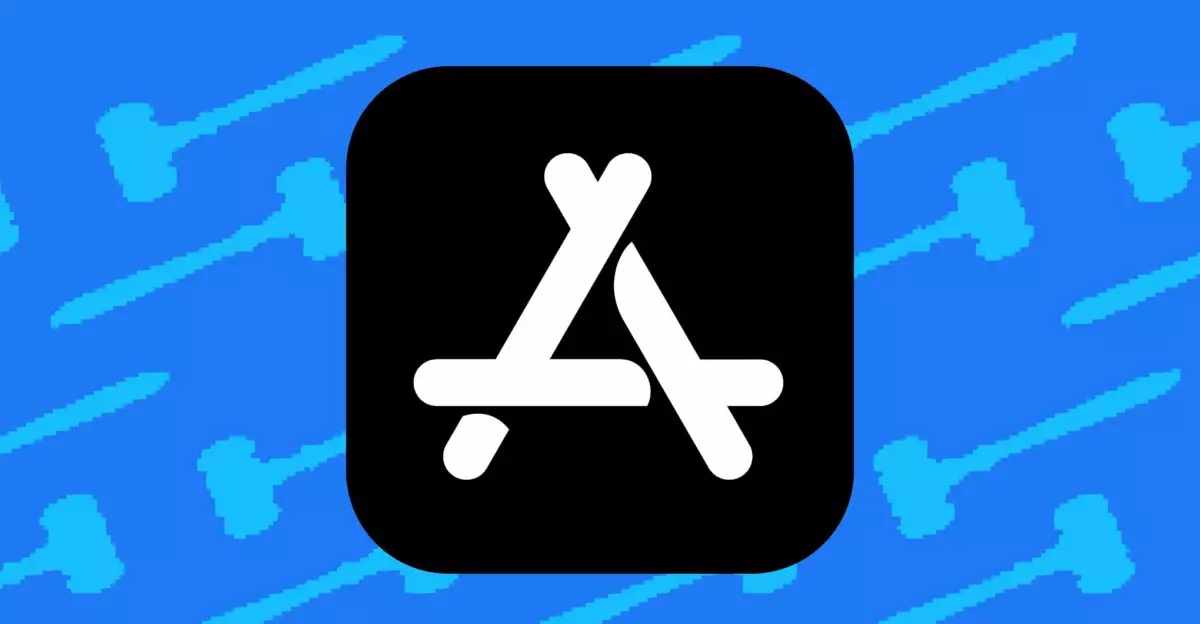In a significant legal turn, an appeals court has upheld a district judge’s ruling that compels Apple to open its App Store to external links and payment options. This decision marks a pivotal moment in the ongoing battle between tech giants and developers over app distribution policies. The ruling, which originated from a lawsuit against Apple by Epic Games, signifies a dramatic shift in the power dynamics of the digital marketplace, challenging Apple’s decades-long reign of exclusivity.
For years, Apple has been under scrutiny for its App Store policies, which many have deemed anti-competitive. The importance of the court’s recent decision cannot be overstated; it not only impacts Apple but also paves the way for developers, allowing them to communicate with their users about alternative pricing structures without Apple taking a commission. This opportunity enhances transparency and encourages innovation, enabling developers to foster deeper relationships with their users.
The Implications for Developers and Companies
The ramifications of the appeals court ruling extend far beyond Apple. Major applications such as Spotify and Kindle are already capitalizing on this new freedom by incorporating links to their direct web payment options. This can lead to significant revenue increases for companies that have been struggling under Apple’s restrictive frameworks. Furthermore, with a notable return of Epic’s Fortnite, players now have the choice between Apple’s in-app payment system and Epic’s own system—a noticeable shift in consumer experience and choice.
While some might argue that this ruling could lead to confusion and inconsistency in app experiences, the reality is that it lays the groundwork for a healthier app ecosystem where consumers have more power. This empowerment enables users to make informed decisions, potentially leading to better prices and services. Developers can now strategically navigate the app market, tapping into a broader audience by advertising competitive pricing directly to users.
Apple’s Resistance and Future Challenges
Despite the court’s ruling, Apple remains staunchly resistant. Company spokesperson Olivia Dalton expressed disappointment over the rejection of Apple’s request to pause the enforcement of the court’s order. Their unwavering stance emphasizes a potential uphill battle—both in the legal arena and in public opinion. Apple must now grapple with the evolving landscape of app distribution, where consumer rights and fair competition are increasingly prioritized over monopolistic practices.
The challenges ahead for Apple are not only legal but also reputational. As developers and consumers rally against perceived unfair business practices, Apple risks damaging its brand image, which has long been synonymous with innovation and quality. The company’s future strategies must adapt to this new reality, balancing user experience while ensuring compliance with growing regulatory pressures.
The appeals court ruling stands as a beacon for change in the tech industry, heralding a more equitable future for developers and consumers alike. As the battle for app store freedom evolves, one thing is clear: the era of restrictive practices may be waning, giving way to an environment that champions fair play and accessibility.


Leave a Reply